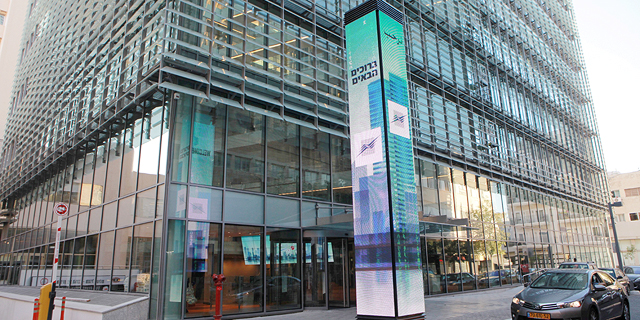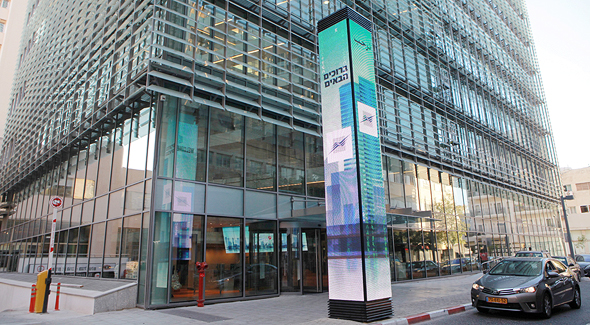
Coronavirus
Despite Covid-19, S&P Bullish About Israel
The credit rating agency forecasts Israel’s economy will see growth in 2020 despite the pandemic and that only a geopolitical event or the collapse of its real estate sector could cause negative growth
Adrian Filut | 10:29, 19.03.20
As the global coronavirus (Covid-19) crisis advances, growth drops, markets continue being unstable, and credit stress increases, Standard & Poor's (S&P) has forecasted a global recession in 2020, and growth of only 1%-1.5% in global gross domestic product (GDP). The risks hint that the negative trend will continue, the credit agency said Wednesday.
The agency’s economists, however, are much more bullish on Israel, especially compared to the country’s own economists. According to the research note, the trends in Israel are significantly different. While the country is also experiencing a major slowdown due to the virus, they said, the shekel has depreciated, which can help Israel’s export and inflation rate recover later. Furthermore, S&P said that Israel’s initial growth forecast for 2020 was 3%, significantly higher than what was predicted for the European Union. The impact of the virus on Israel’s economy will eventually come down to the outbreak’s severity and duration, and to how successful Israel’s containment measures are, S&P said; as events progress, estimates can change just as quickly. According to the agency’s negative scenario for Israel, the economic slowdown will see local GDP growth fall under 2% as a result of weakening export, consumption, and investments. However, S&P said, considering the robustness of Israel’s economy, a complete recession will only occur if the country takes an additional hit, such as a geopolitical event or the collapse of its real estate sector. That means growth per capita in Israel will be minuscule, but not negative, as almost all Israeli regulators have been forecasting. On a global level, S&P said the data shows China’s economy has taken a bigger hit than was first estimated, but there is some stabilization already. The U.S. and Europe seem to be on a similar trajectory, as the restrictions being implemented to stop the spread of the virus will damage second-quarter activity greatly, before recovery will start, likely nearer to the end of the year. S&P highlighted the monetary activity of the leading banks, such as lowering interest rates and increasing market liquidity, as steps that could potentially help soften the global economic blow.